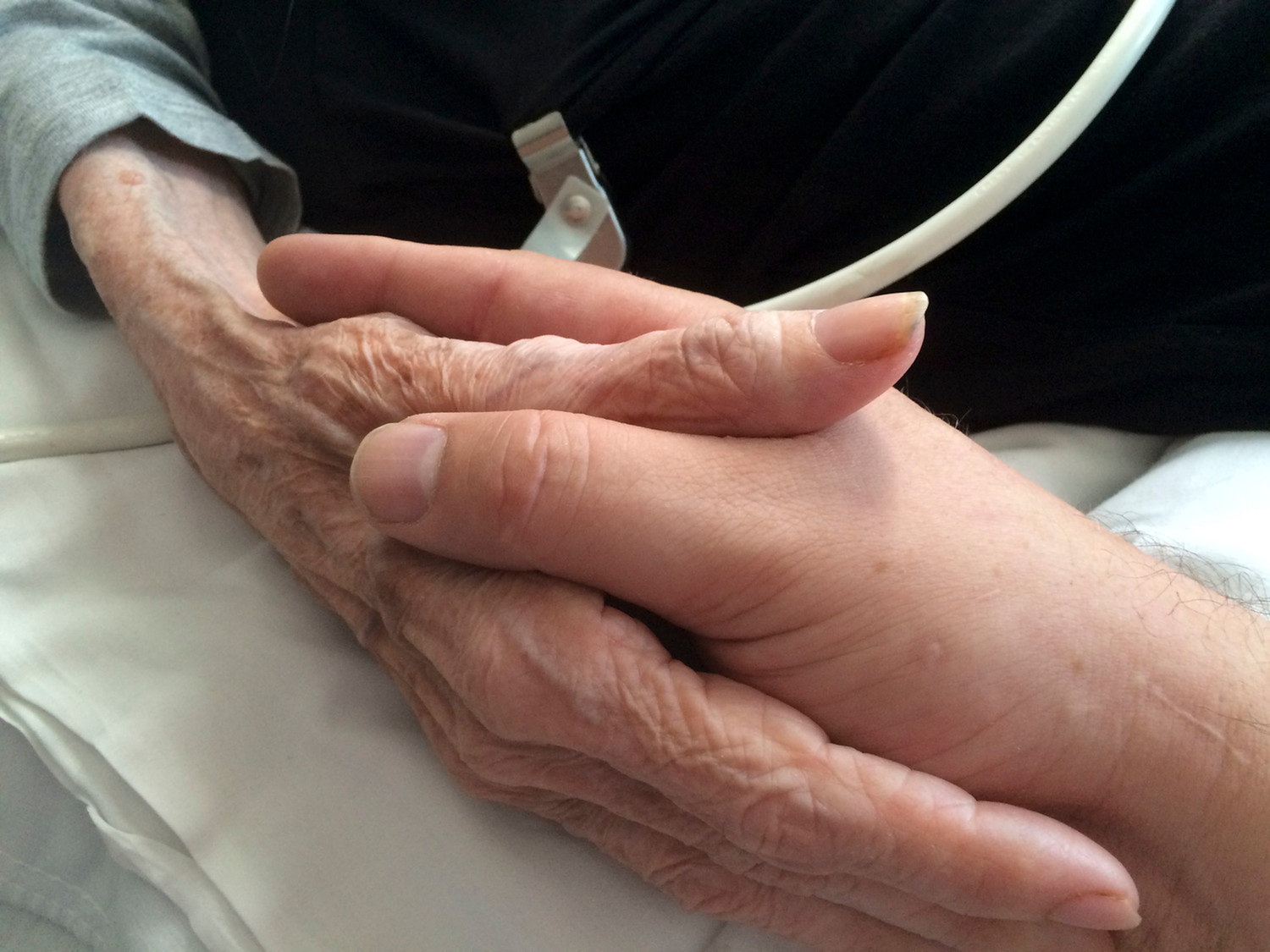Pandemic changed view on palliative care
The height of the coronavirus pandemic remains a dark time for many — especially those who were sick and couldn’t see their loved ones in-person.
That put even added pressure onto palliative care, a type of specialized medical care for those with serious illnesses focusing on providing relief and comfort from the symptoms and stress of those illnesses — more often than not, for those suffering conditions that may ultimately claim their lives.
But a lot has changed since the start of the pandemic, and the newly minted Molloy University will share a lot of that during its palliative care conference on Friday, June 3. Offered both virtually and in-person following, the conference offers participants new tools to provide professional, competent and compassionate care to patients and their families.
It had been held annually since 2008, but paused at in 2020 and 2021.
“Typically, the conference offers topics that help the professionals deal with death and dying,” said Lou Cino, the dean of continuing education and professional studies at Molloy. “Not only for the patient, but for their families as well. And that can mean helping them physically, mentally or emotionally.”
Palliative care has grown over the last two decades, Cino said. Graduates in a variety of professions rely on conferences such as these for professional development on the subject. At Molloy’s event, experts from medicine, nursing, pastoral care, child life and social work will present the latest advancements in the fields of symptom management, ethics and communication, staff self-care, and bereavement during the nearly eight-hour conference.
Clinicians from all disciplines also will speak about best practices and barriers to timely palliative care in hospitals, nursing homes and hospice organizations. The event will feature lectures and therapy demonstrations.
The conference is important, Cino said, because it brings medical professionals and experts together to create a dialogue about the best palliative care practices.
“They’re health care professionals that served on the frontlines of the pandemic for the past two years,” he said. “They deal with death and dying on a daily basis, and this is a conference that gets all these people together to talk about the problems they have with dealing with death and dying. It takes a special kind of person to do this work.”
The conference was renamed this year the Edith Richner Palliative Care Conference, in memory of the Herald Community Newspapers’ cofounder, and late mother of publishers Stuart and Cliff Richner. She was diagnosed with a rare brain disorder in 2006, and through palliative care, her last days were made more peaceful.
“It’s wonderful and we’re so happy and excited that the conference is being named after Edith,” said Lori Hardoon, a social worker and one of the event’s organizers. “Many people in the world of palliative care are women, and we have some powerhouse women that are a part of it. She was an amazing woman, a powerhouse and a leader.”
The keynote speaker at the event is Dr. Russell Portenoy, the executive director of the Manhattan-based MJHS Institute for Innovation in Palliative Care, a highly regarded voice in the field.
There wasn’t as big of an emphasis on palliative care just a few years ago, Cino said, as there has been more recently. Most hospitals now have a unit dedicated to palliative care.
That need, he added, was magnified by Covid-19.
“One of the horrible things about the pandemic is that you didn’t have the ability for the patients to be with their families,” Cino said. “These health care professionals were the last people they saw. They didn’t see their family. They didn’t see their friends, and didn’t have a chance to say goodbye.”
Hardoon was excited the conference could be held both in-person and virtually to reach a broader audience.
“The beauty, for me is I get to be there from the beginning of planning,” she said. “I get the inside view of the plans behind each year and how we’re making the conference bigger and better. Each year, it gets better and better, and the magnitude of it takes my breath away.”
The conference runs from 8:30 a.m. to 4 p.m. Registration takes place at the Madison Theatre’s public square.
Zoom links will be available at Molloy.edu/ce/pcc.

 50.0°,
Mostly Cloudy
50.0°,
Mostly Cloudy 




